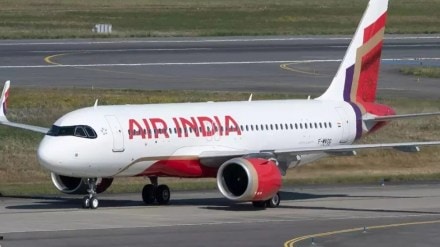Airspace War: India’s aviation regulator, the Directorate General of Civil Aviation (DGCA), has granted Air India a temporary exemption allowing extended flight duty hours and revised rest periods for pilots and crew operating long-haul flights. The measure, effective from April 30 for approximately two weeks, is intended to help Air India navigate operational disruptions caused by Pakistan’s airspace closure following the April 22 terror attack in Pahalgam.
What is the new crew rule?
The exemption applies to both Airbus and Boeing aircraft and primarily covers US-bound flights, which are among the longest in Air India’s schedule. The memo seen by Reuters states that the maximum flight duty period for a 12-hour flight has been increased from 14 to 16 hours, and for flights exceeding 14 hours, from 22 to 24 hours. Layover and base rest periods have also been extended by four and twelve hours, respectively.
How will the airspace closure impact the Indian aviation industry?
The closure of Pakistani airspace has significantly impacted Indian carriers. Flights now take longer routes, leading to additional fuel usage, longer flying times, and the need for more crew. Air India has estimated that if the ban continues for a year, it will incur losses of approximately $600 million. The airline has written to the central government requesting compensation through a “subsidy model” to cover the mounting operational costs.
The airspace restrictions have led to rerouting of roughly 1,200 long-haul flights scheduled from New Delhi to destinations in Europe, North America, and the Middle East. Airlines such as Air India, IndiGo, and Air India Express are facing delays of up to 90 minutes on some routes. Weekly costs due to rerouting have jumped by Rs 77 crore, with monthly expenses projected to surpass Rs 306 crore.
Extended duty hours raises concern over pilot fatigue
While the DGCA maintains that safety is not being compromised, the exemption has stirred concern among pilots. One Air India pilot described the move as “extreme,” citing the increased workload. The DGCA is reportedly holding ongoing discussions with airlines to ensure that crew fatigue and safety standards are not compromised.
Meanwhile, Pakistan could suffer significant losses in overflight fee revenue due to the prolonged closure of its airspace.
